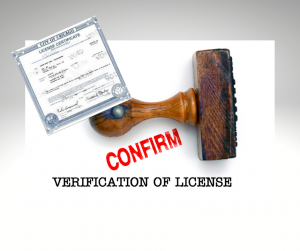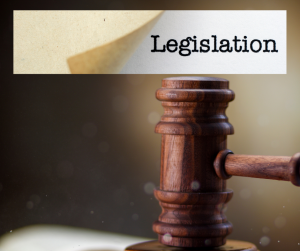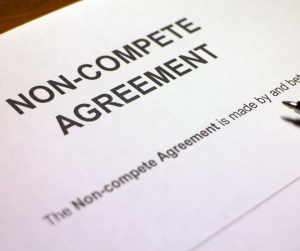In the past two years about 30,000 new businesses were started in Illinois. Most of those new business had to get a specific license for their particular type of business. Not all businesses do, but many will need an Illinois Business License specific to their occupation, which vouches for the fact that you’re qualified to perform a certain type of skill and reassures customers that you will be accountable for your work.
For starters, you will need a Certificate of Registration common to all types of businesses. Then, you will need to drill down to your particular type of occupation, perhaps using this page on the Illinois Department of Financial and Professional Regulation website.
 Chicago Business Attorney Blog
Chicago Business Attorney Blog











